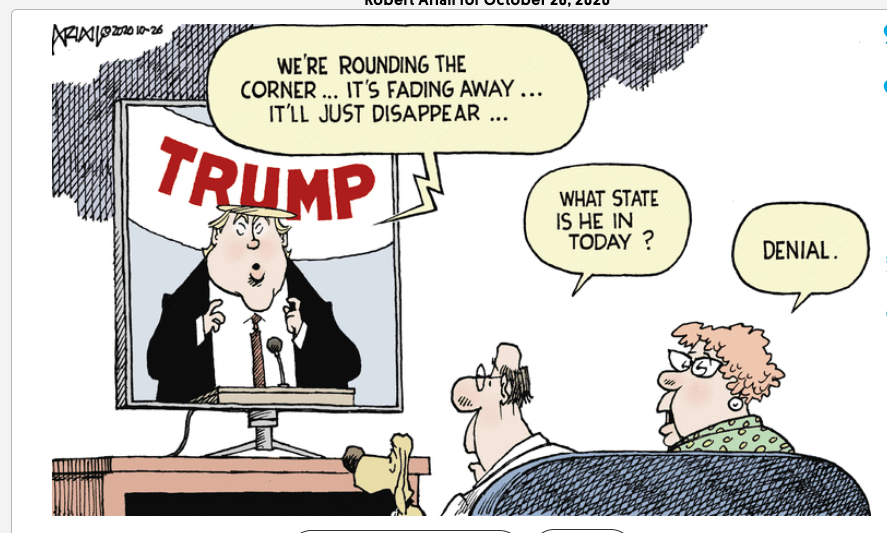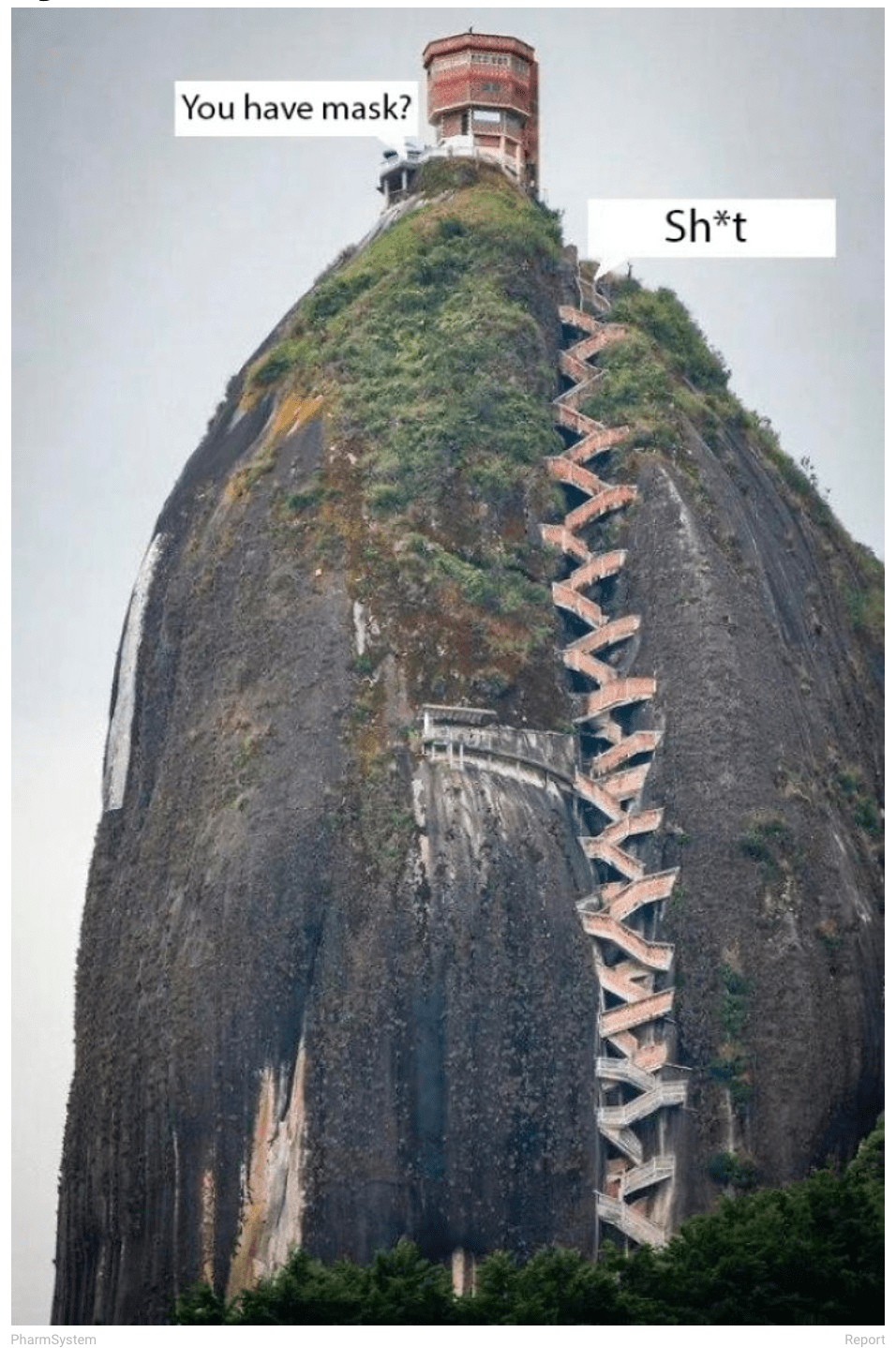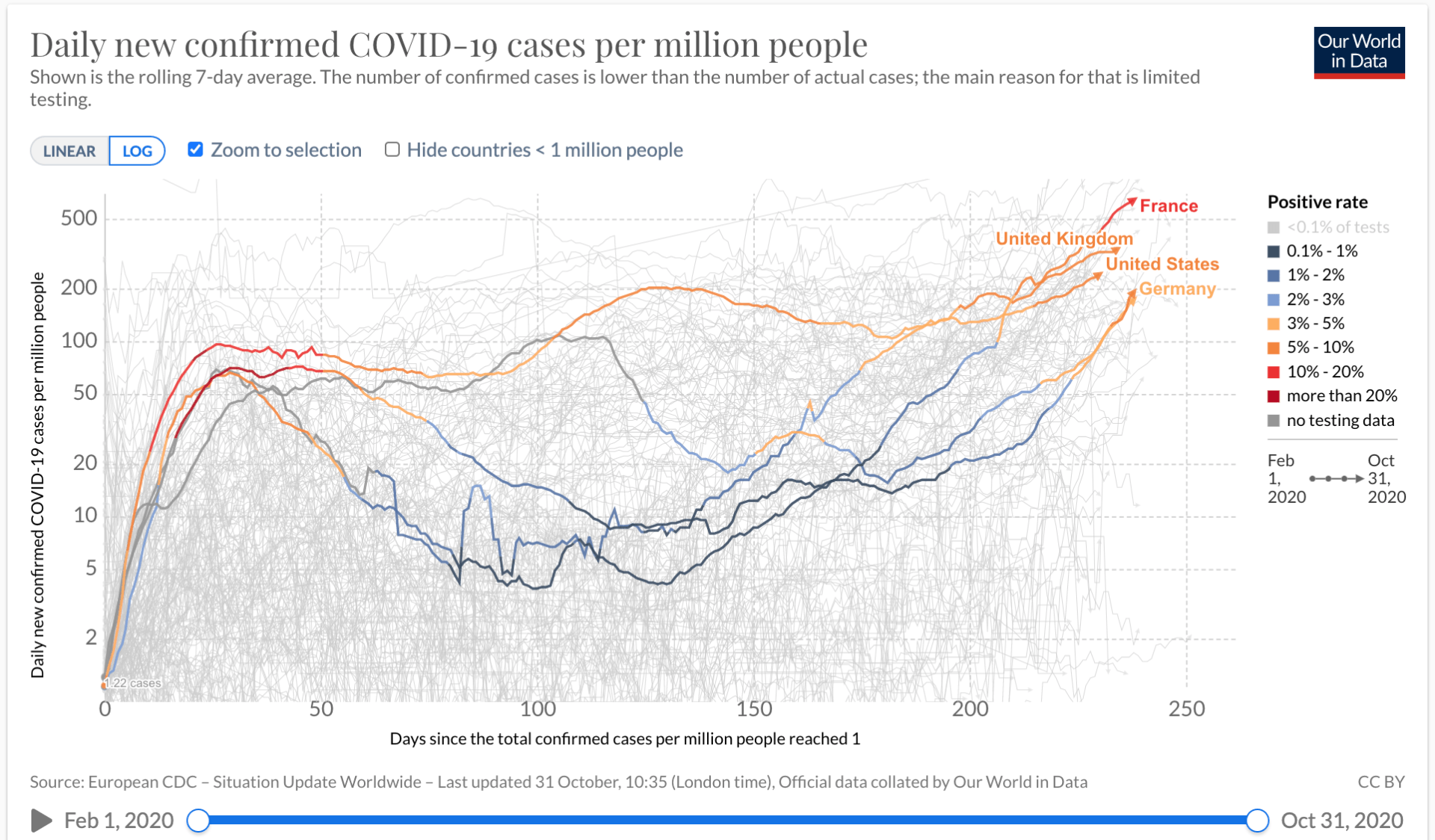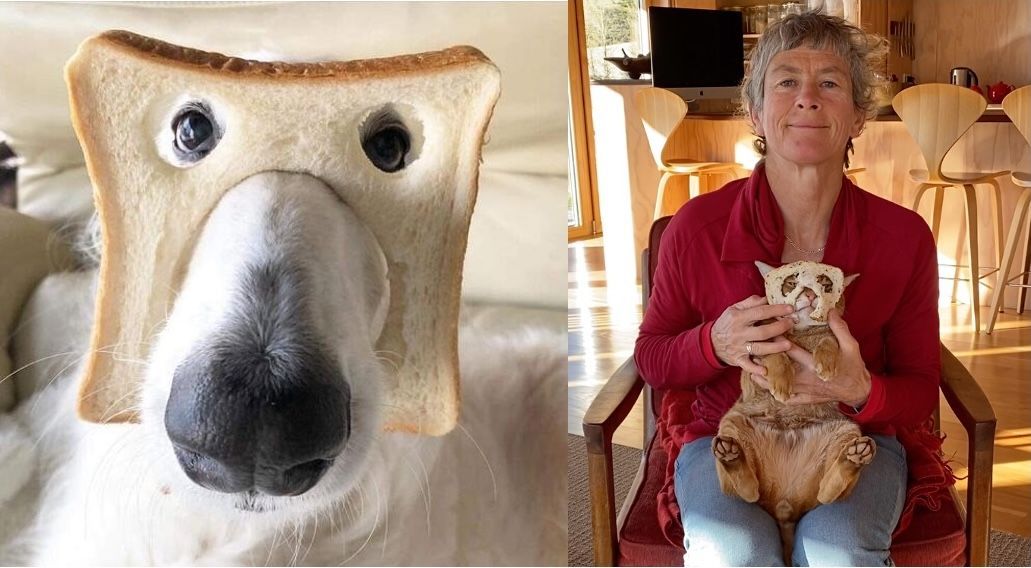Waka or sieve?
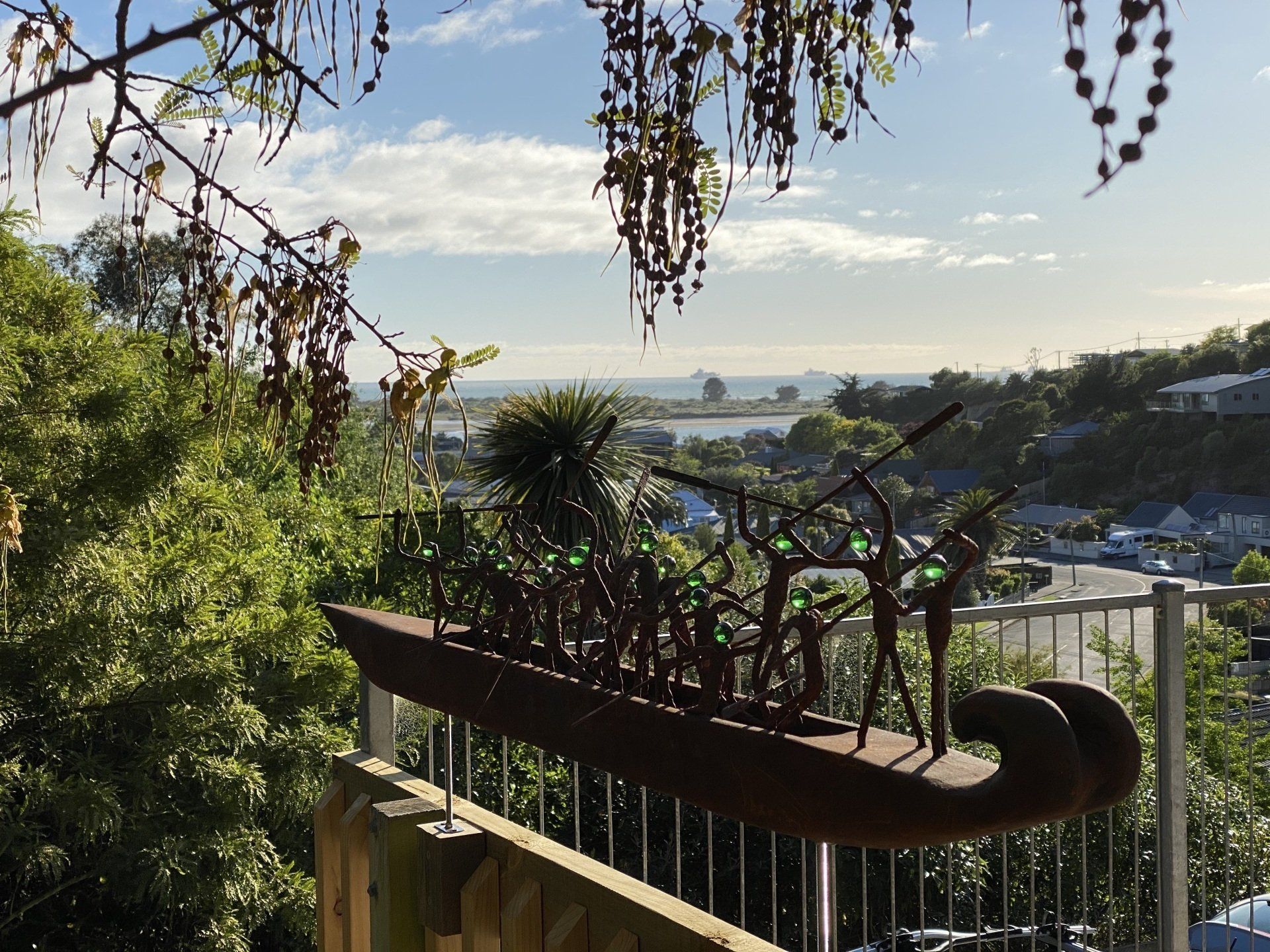
The Jumblies
They went to sea in a Sieve, they did,
In a Sieve they went to sea:
In spite of all their friends could say,
On a winter's morn, on a stormy day,
In a Sieve they went to sea!
And when the Sieve turned round and round,
And every one cried, "You'll all be drowned!"
They called aloud, "Our Sieve ain't big,
But we don't care a button! we don't care a fig!
In a Sieve we'll go to sea!"
Far and few, far and few,
Are the lands where the Jumblies live;
Their heads are green, and their hands are blue,
And they went to sea in a Sieve.
I happily avoided thinking too much about COVID-19 while cycle touring, as a mental break. Upon returning to the COVID-world, it feels like it is making about as much sense as sailing in a sieve. However, the Jumblies enjoyed their trip, saw lots and everyone was jealous when they got back. So perhaps sailing in a sieve can be a positive experience.
Our Jumblies clearly decided to evolve with the times and the culture, heading off to sea in a waka, rather than a sieve. They look like they are having a good time too. In parallel, notwithstanding how many mistakes New Zealand will certainly be making in the absence of 20/20 foresight, we seem to be on a better trip that much of the rest of the world. Over the last week I have been struck by have been struck by the contrasting situation of my friends in New Zealand and elsewhere in the world. In New Zealand people are going places, while in the rest of the world they are, once again, having to stay firmly at home.
A typical scenario for an offshore friend is:
“Every hospital in El Paso is full and has opened tent hospitals outside. The EP Convention Center is being converted to a hospital. I heard that people are standing outside of hospitals shouting prayers to their loved ones inside because they can’t be with them.”
“The UK is back in lockdown again. It’s a bit of a shock, not because it was unexpected, but because we hoped against all odds it wasn’t going to happen. Now we get to figure out the next complex set of rules that Boris may or may not be communicating fully to us.”
COVID-19 infections are spiking in much of Europe, meaning many countries are headed back into full or partial lockdowns. Amongst other restrictions, UK is locking down for 4 weeks, France is locking down till 1 December, Netherlands has a partial lockdown for 4 weeks, Germany is in a partial lockdown which will be reassessed 11 November, Italy is in a partial lockdown, Spain and Belgium have curfews. Countries didn’t rush back into lockdown, one presumes partly because they knew the populace would protest, partly because the numbers of deaths have been much lower. However, as the infections have risen sharply, hospital admissions have also risen rapidly and countries are modeling when their health systems will be overwhelmed, with those timeframes being a matter of weeks. There is also the spectre of winter approaching in the northern hemisphere, driving people indoors and into closer proximity with one another – a well established driver of COVID-19 infections.
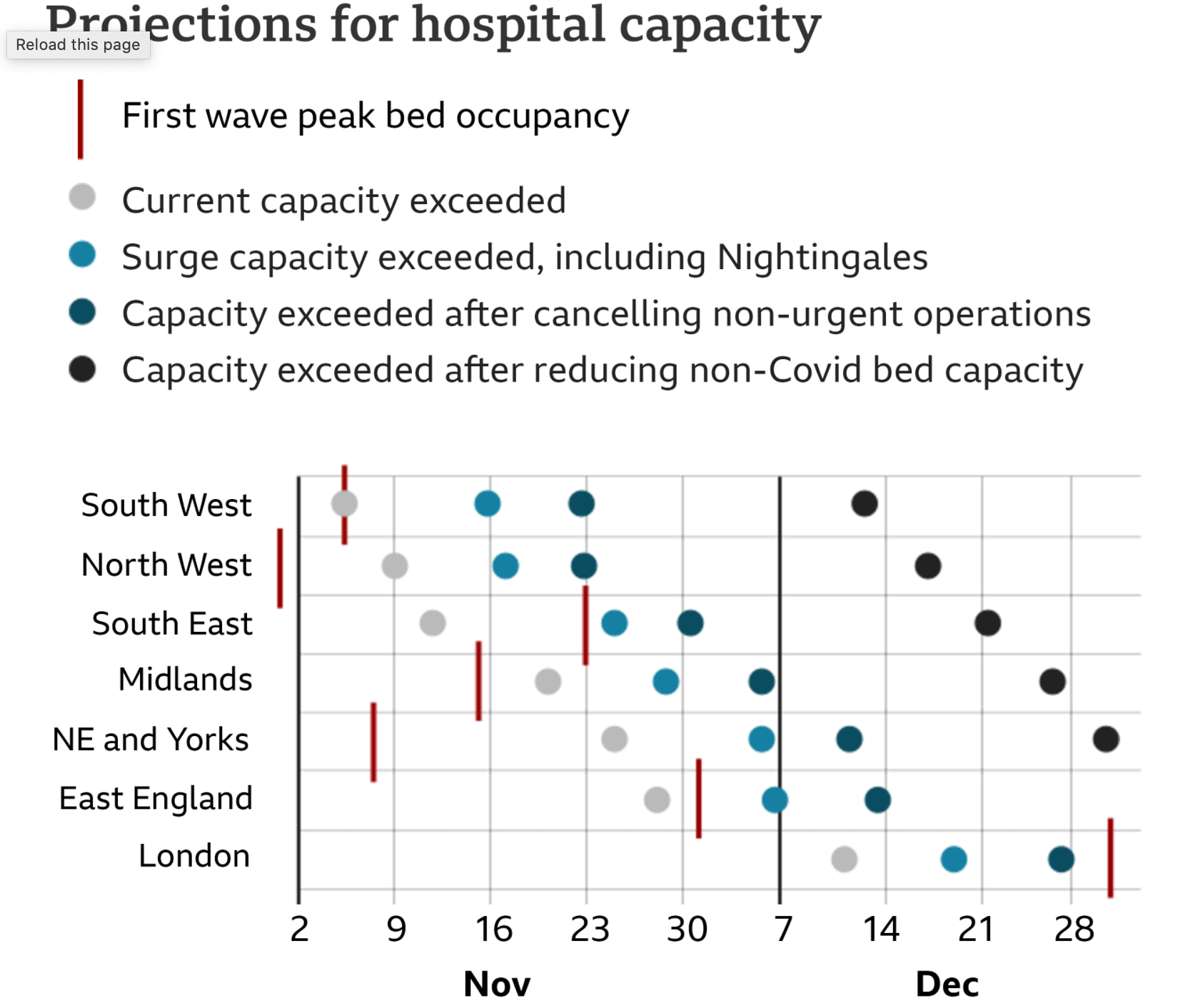
One of the biggest differences in the second wave of lockdowns, compared to the first, is that educational institutions are being kept open. Countries appear to have sufficient confidence that younger people are not significant spreaders of infection and that the losses associated with stopping with education are so great that it is worth taking the risk of the infections that will result in these environments.
I wonder what degree of precautions are being taken in different places and how this will impede the process of learning. One friend’s sister, who teaches 5 year olds in Oakland, California, is back teaching but she has to remind behind a plexiglass screen. She must stay at her desk, wear a mask and gloves, and only accept work from children presented through slots in the plexiglass. The children are expected to wear masks and gloves and remain seated at their desks, which also have plexiglass screens. Anyone who can keep a classroom of new entrants seated at desks with masks and gloves probably deserves a medal, if they can teach them something as well they probably deserve a CEO’s salary.
Sweden, our alternative scenario COVID-19 experiment, has had its highest daily case numbers ever on each of the last two days and their chief epidemiologist, Dr Anders Tegnell, now says pursuing herd immunity is not justifiable or ethical. This directly counters what Tegnell said in May in regard to autumn: “ Sweden will have a high level of immunity and the number of cases will probably be quite low “. Sweden is recommending that people avoid public transport and socialising outside their household. Once again, Sweden is ‘recommending’ rather than mandating. If a country/culture can get sufficient compliance by simply recommending actions then that is a great outcome; however, anyone suggesting that the Swedish approach needs to be copied needs to consider how similar their country’s culture is to that of Sweden in terms of whether recommendations are likely to be followed. One thing is clear, Sweden has been no more successful than many other countries in preventing a second wave of infections.
From New Zealand it is so hard to get one’s head around the levels of infection and required responses in so many countries. Aucklanders have the better take on what it feels like to get locked down again, compared to the rest of New Zealand. The rest of us have had sequential spikes of anxiety, as community transmission waxes and wanes, and various breaches of the border occur in ships, or with infected Russian crew coming to run our fishing vessels. We are gradually becoming accustomed to repeated border breaches which are brought under control. We are starting to have some confidence that the New Zealand systems might have sufficient layers of defence to keep COVID-19 at bay. We need to build up the feeling of confidence, because a likely alternative is continual anxiety and anxiety is exhausting. Normality is currently being sequestered in our -relatively- COVID-free country and watching the spectacle of the world.
In New Zealand, we can’t go to the rest of the world so we appear to be travelling domestically, doing up our houses, moving house and moving location. During our cycling trip we met many New Zealanders seeing the country and our walking tracks and taking big chunks of time out. At Labour Weekend, Kaikoura was absolutely humming. In Redcliffs, our next door neighbours are putting in a huge outdoor cooking area with heating and a TV; builders everywhere are busy with renovations. We went to a 60th party and friends there had, almost spontaneously it seemed, decided to move from Christchurch to the Wanaka environs.
Every real estate agent we talk with tells stories of Aucklanders moving out, including to Blenheim, Nelson, Wanaka, Mangawhai. They are raising house prices in the places to which they are moving, because they have spare cash from hugely inflated Auckland house prices. There is no doubt that original estimates of house prices dramatically falling this year in New Zealand have proven completely incorrect. On the contrary, it seems that COVID-19 has driven a move to the regions with the consequent price rises, as people seek to fulfil dreams now, rather than later, and workplaces realise that satellite offices and working from home are viable employment options.
People are also finding they have spare money that they can’t spend on overseas holidays, so they might as well do their house up or buy art to decorate it – we admit to being guilty of the latter, having acquired the Jumblies. Apparently high end art sales in New Zealand are at an all time high. That sneaky feeling that our economic state is quite likely to come crashing down remain in the back of my mind and I recognise that, as always, there are people who are not in a good situation at present and for whom COVID-19 has had negative consequences. However, for the meantime, let’s have confidence in our own decisions and move forwards in the knowledge that we are quite likely to be making mistakes, but we might as well enjoy our privileged national position while we can.
